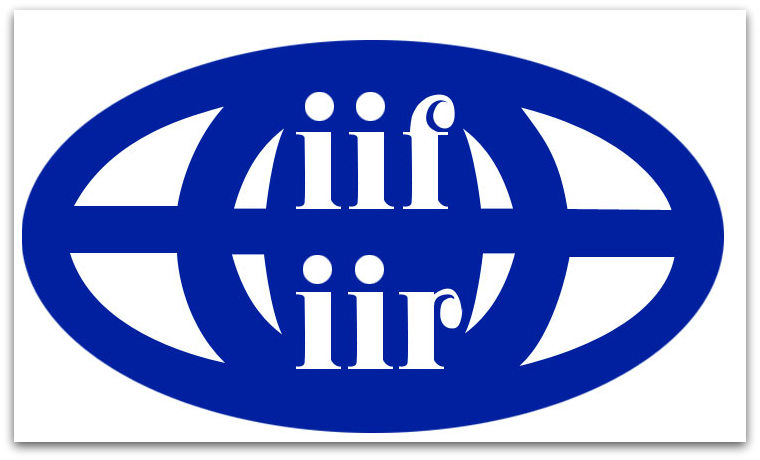Dilute–gas thermal conductivity of difluoromethane (HFC–32)
UDC 536.2
Tsvetkov O.B. , Laptev Yu.A.
Abstract
Comprehensive thermal conductive measurements have been obtained for the refrigerant HFC-32. The range of state points studied include those with temperatures from 296,93 K to 366,07 К and pressures to 0,1 MPa. The measurements differ from accurate correlating equation by less than 1%. Extensive comparisons have been made with two productive conformal kinetic theory models one which uses the Eucken-type equation and the other using Mason-Monchick functional form. The viscosity as well as the thermal conductivity were determined with Lennard-Jones pair potential. Results obtained with Mason-Monchick equation including effective diffusion coefficient for polar diluted gases. Good agreement was found with between experimental results and theoretical calculations.
Keywords: thermal conductivity, viscosity, HFC-32, rarified gas, coaxial cylinders method, transport process, kinetic theory, interaction potential, polar gases
Dilute–gas thermal conductivity of difluoromethane (HFC–32)
Abstract
Comprehensive thermal conductive measurements have been obtained for the refrigerant HFC-32. The range of state points studied include those with temperatures from 296,93 K to 366,07 К and pressures to 0,1 MPa. The measurements differ from accurate correlating equation by less than 1%. Extensive comparisons have been made with two productive conformal kinetic theory models one which uses the Eucken-type equation and the other using Mason-Monchick functional form. The viscosity as well as the thermal conductivity were determined with Lennard-Jones pair potential. Results obtained with Mason-Monchick equation including effective diffusion coefficient for polar diluted gases. Good agreement was found with between experimental results and theoretical calculations.
Keywords: thermal conductivity, viscosity, HFC-32, rarified gas, coaxial cylinders method, transport process, kinetic theory, interaction potential, polar gases












